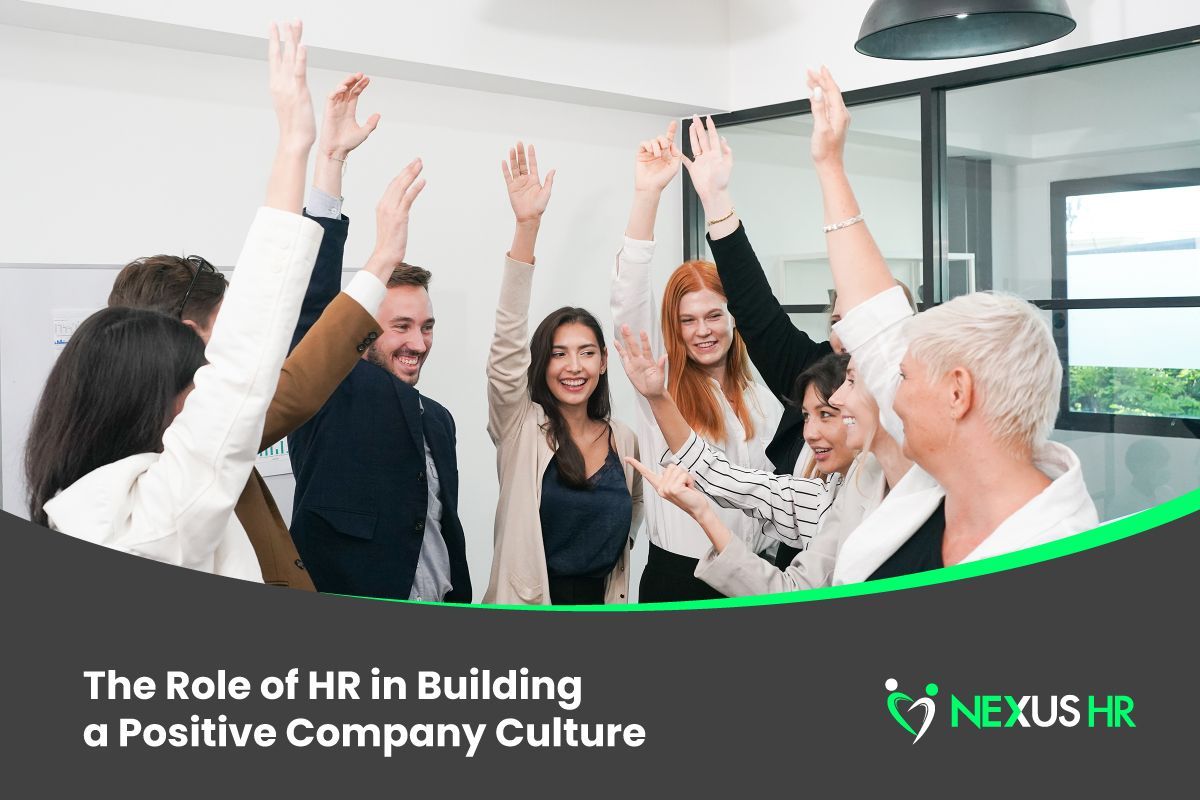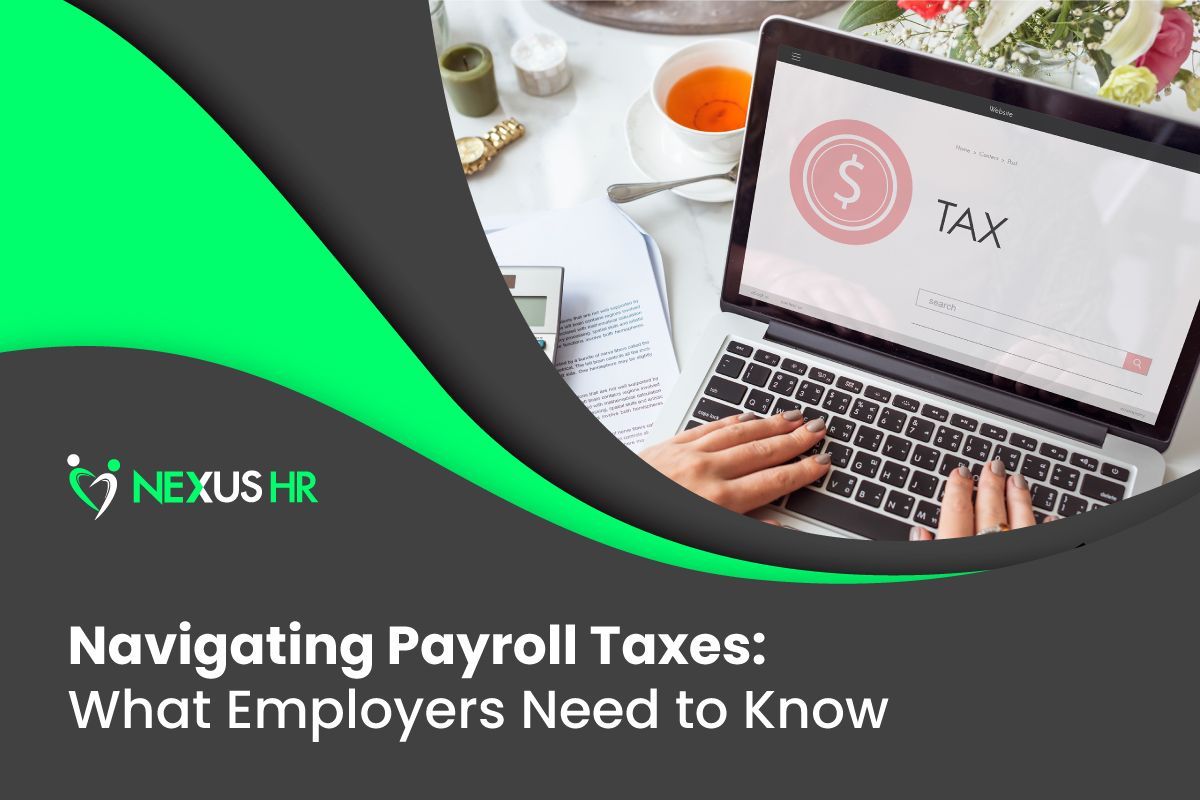Professional Employer Organizations: What is a PEO & How Does it Work?
Businesses that use PEO services achieve 40% higher revenue growth, are 50% less likely to go out of business, and experience 14-16% lower turnover rates than businesses that do not use a PEO. No wonder about 175,000 small to medium companies employ PEOs today.
We’ve put together a comprehensive guide to tell you everything you need to know about PEOs, how they can benefit your business, and if utilizing one is the right decision for you.
What is a PEO?
PEO stands for Professional Employer Organization. According to the National Association of Professional Employer Organization’s (NAPEO) definition, PEOs “provide comprehensive HR solutions for small businesses.” Businesses can cost-effectively outsource the management of human resources, payroll, employee benefits, tax administration, regulatory compliance, and worker’s compensation through a PEO.
PEOs help small businesses gain access to employee benefits such as 401(k) plans, health and life insurance, dependent care, and other benefits they might not typically be able to obtain as a small company. By taking care of various employee administration tasks, PEOs help businesses focus on their core operations, improve productivity, and increase profitability. If you're a business looking for human resources help and cost-savings, a PEO might be the answer for you.
How Does a PEO Work?
A client company and a PEO establish a business relationship called a co-employment relationship. Workers are employed by the client company and the PEO in a co-employment relationship and thus share certain employer responsibilities. Both parties enter into a contract typically known as a client service agreement (CSA). The CSA addresses the relationship between the client employer and the scope of each party's responsibility.
The PEO processes payroll, administers employee benefits, withholds and pays payroll taxes, and provides human resource guidance. On the other hand, the client company handles all the other non-employee aspects of business operations, such as marketing, sales, and customer service.
PEOs cannot make hiring and firing decisions for the client company. The client company retains complete control of the compensation and benefits package offered to employees. Depending on the agreement, both the client company and the PEO can share specific HR responsibilities, such as creating an employee handbook or promoting company culture. As NAPEO effectively puts it, “each party will be responsible for certain obligations of employment, while both parties might share responsibility for other obligations and be ‘an’ employer, but neither party is 'the' employer for all purposes.”
What Are The Benefits of Using a PEO?

HR challenges hinder your business growth. When you’re overwhelmed with time-consuming HR tasks, it’s easy to forget about revenue-generating opportunities. Business owners often turn to PEOs for strategic HR guidance so that they can focus on their core competencies. If you’re still on the fence about whether or not this type of business relationship is for you, these three advantages of using a PEO might convince you.
1. PEOs save time and reduce costs.
HR tasks can be time-consuming and complex. Compliance-related tasks alone generally take up 36 hours per week. PEOs are HR experts that use their existing infrastructure and established processes to perform administrative tasks more efficiently, saving your company precious time.
Partnering with a PEO allows you to reduce costs on government-mandated benefits like healthcare. According to a United Benefits Advisor study, an employer’s healthcare plan contribution costs an average of $6,401 per employee. PEOs can help you save around $2,400 of that cost per employee by paying for benefits at bulk prices and at much cheaper rates. A small company with less than ten employees may not be able to afford to pay for premium benefits. But when you work with a PEO, your business is grouped with the PEO’s other client companies. And together, you can act as one large company and acquire bigger buying power. Think of it as buying in bulk at Costco. Because you buy in large quantities, you’ll be able to negotiate prices at a lower rate.
By using PEOs, you can lower total employment costs and boost your business’ bottom line.
2. PEOs help maintain compliance and mitigate risks.
Employment law is complex and ever-changing. Not keeping up with these changes can lead to costly penalties. If you’re unsure about a situation’s regulations or requirements, PEOs can help answer your concerns, offer legal advice, and minimize risks. For example, when hiring remote employees, PEOs help you navigate different time-off policies, pay, and employment laws across various states.
PEOs also provide worker’s compensation coverage and handle claims administration on your behalf. When worker’s comp or unemployment claims arise, PEOs can partly assume the risk as co-employer. To lower workplace risk, PEOs provide advice on implementing industry-specific workplace safety measures. Teaming up with a PEO gives your company a great advantage. You’ll have access to seasoned experts who will work hand in hand with you to navigate complex compliance regulations.
3. PEOs help provide better benefits and enhance the employee experience.
Employers today need to provide an attractive benefits package to stand out in a highly-competitive labor market. However, small to mid-sized companies may find it hard to compete with larger companies for the best talents because they can’t afford to provide competitive benefits. Because PEOs co-employ several employees from other client companies, they can harness the buying power only larger companies can. In turn, partnering with a PEO helps your company offer access to high-quality benefits at competitive prices, many of which rival those of Fortune 500 companies. Additionally, PEOs will help manage these benefits for you.
Since PEOs provide expertise in all things HR-related, they are well-equipped to answer employees’ questions about benefits. PEOs can also help you establish better hiring practices to reduce turnover, find creative ways to motivate employees, and make strategic plans for the future. A PEO keeps you competitive in searching for new talent while at the same time keeping your current employees happy.
How To Choose a Professional Employer Organization

No two PEOs offer the same services. It’s essential to compare different PEOs and decide if their services meet your organizational goals. Ensure that they provide all the services you need and know how to navigate the ins and outs of your industry. Before deciding on a PEO, ask whether they charge a flat fee per employee or a percentage of your payroll. Ask about additional charges, and request to see a sample invoice to check if they charge hidden fees and other extra costs.
If your business needs help with any HR administration, guidance, and recruitment, Nexus HR, a full-service human resource partner, supports your business in all areas of human resources. From recruiting to remote HR management to payroll, Nexus HR helps manage every aspect of the employee life cycle. As an extension of your company, we will be your employees’ direct contact for any questions or issues and take full ownership of any HR-related duties. With Nexus HR, you can focus on growing your business rather than administrative tasks.











